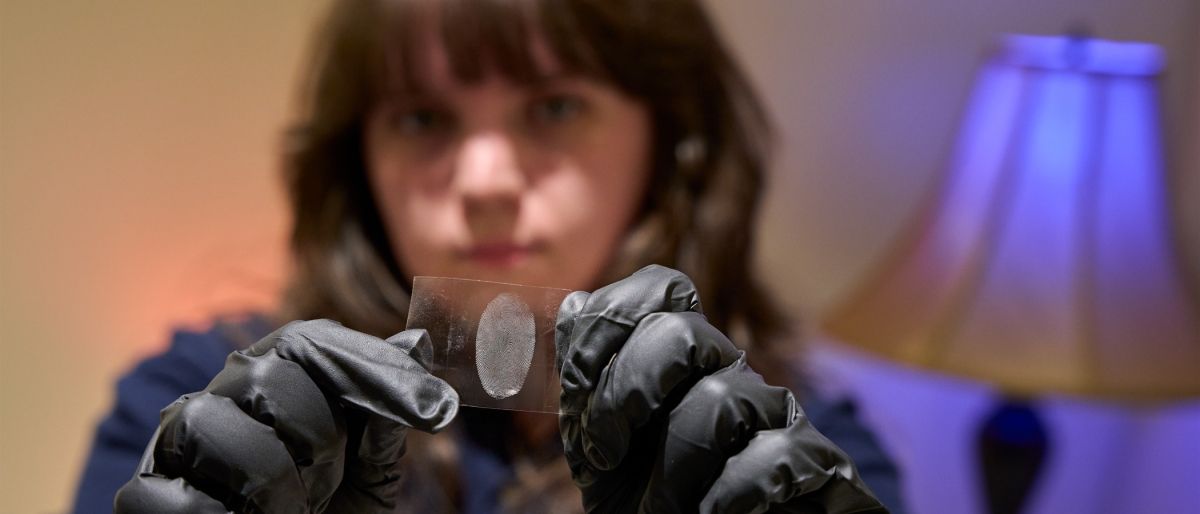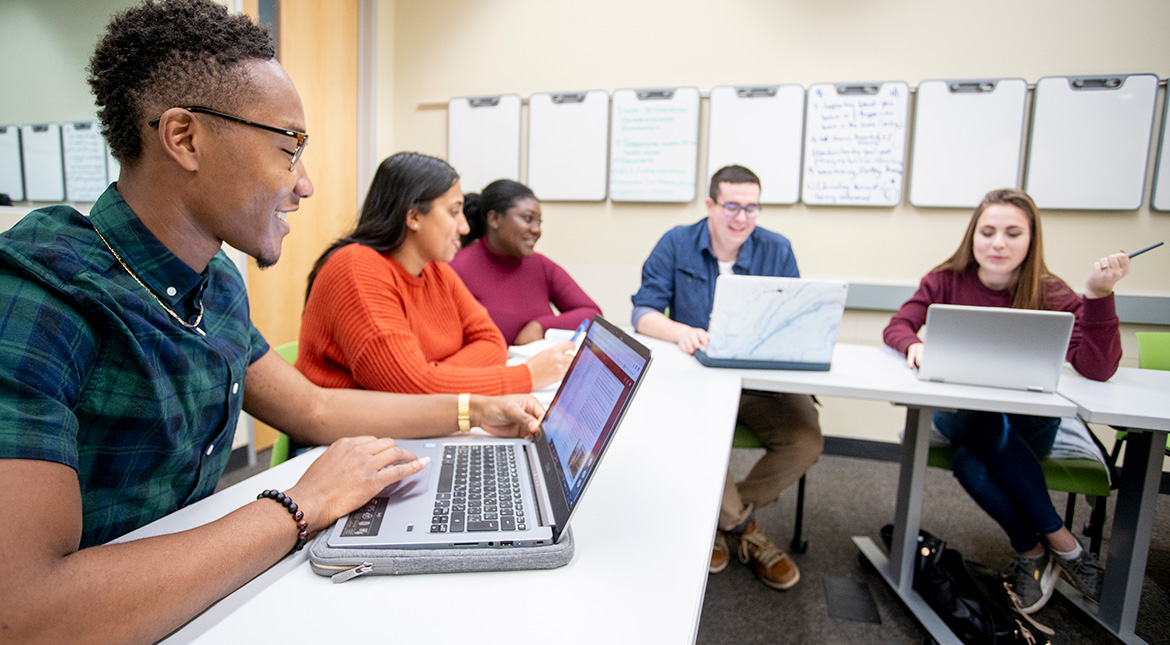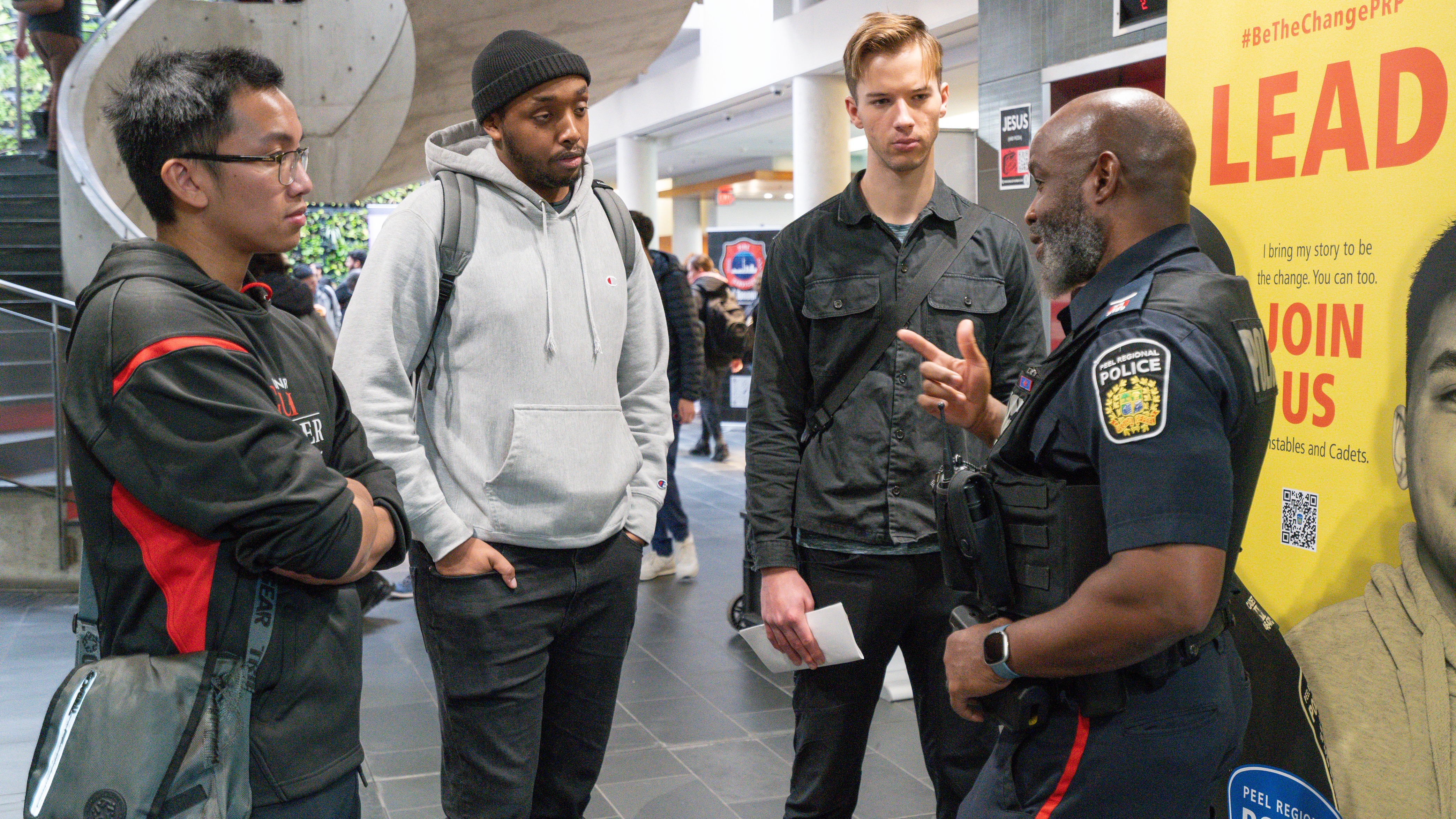
Justice Studies
Explore the Program
Channel your passion to help others and build the kind of communities that inspire us all.
Deepen your sense of duty with learning broad enough to see justice in a holistic way and focused enough to have you prepared to make an immediate difference. Become the collaborative, critical thinker ready to put your ethical commitment to your community to great use.
Go purposefully in the pursuit of justice.
Earn 2 Credentials:
- Honours Bachelor of Applied Science in Justice Studies from the University of Guelph
- Diploma in Community & Justice Services or Police Foundations from Humber Polytechnic
Choose your applicant type to get program information tailored for you!



